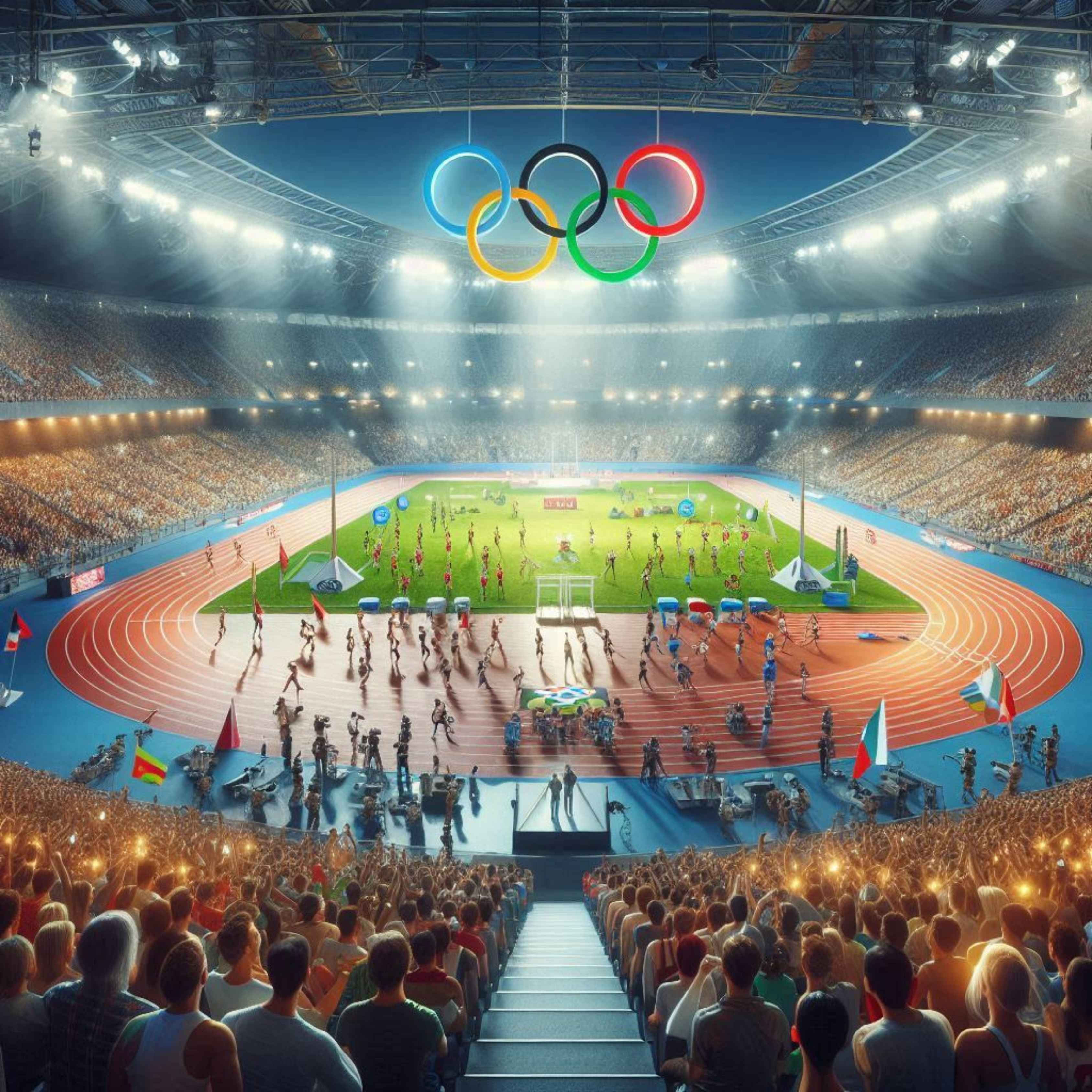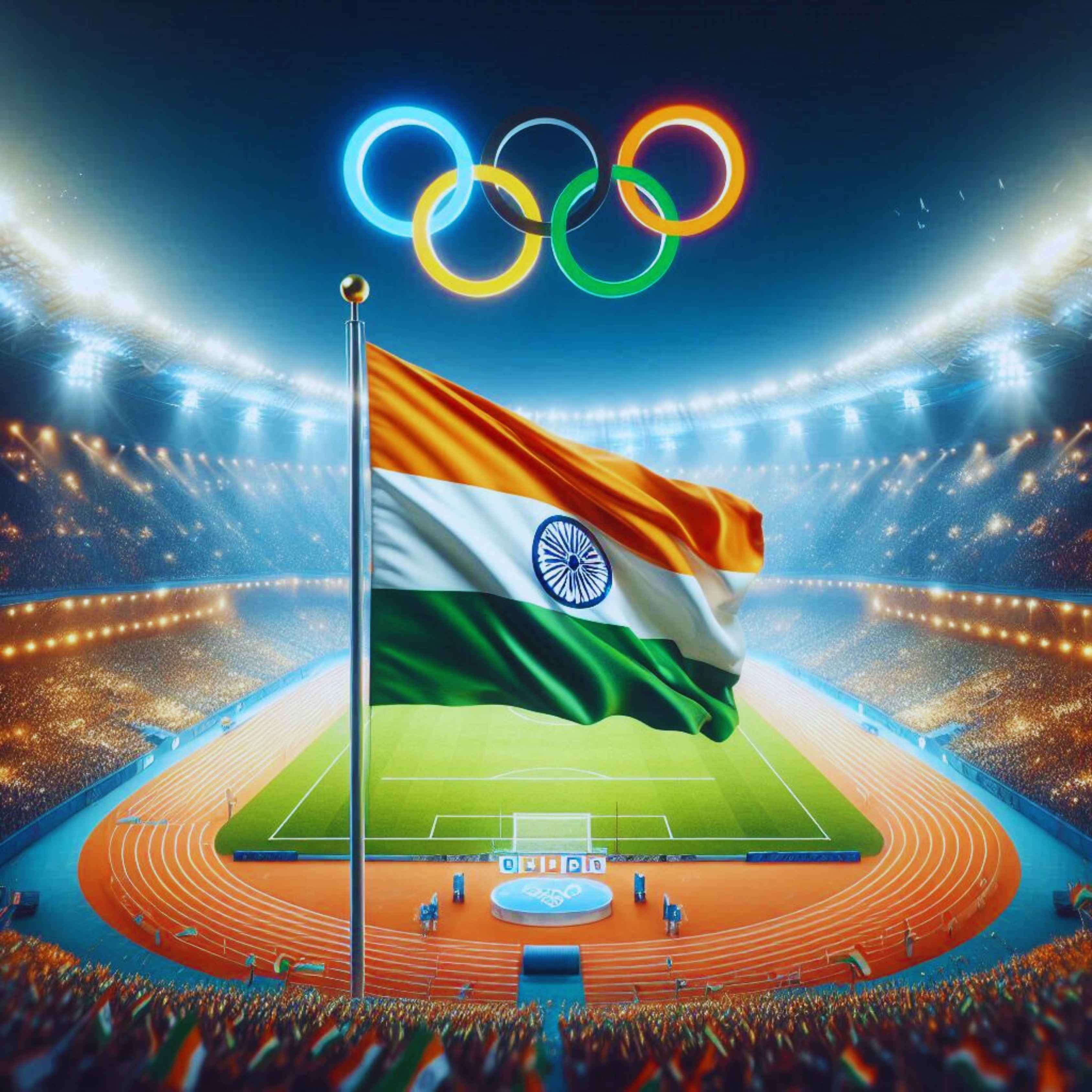
The Olympic Games: A Celebration of Global Sportsmanship
The Olympic Games are the world’s biggest sports event. They bring athletes from all around the world together to compete in different disciplines. Dating back to ancient Greece, the Olympics stand for unity, perseverance, and excellence. Here’s a brief history of the Olympic Games, the meaning behind the seven rings, the various sports featured, and other fun facts.
The History of the Olympic Games

The Olympic Games have its roots from the ancient Greek and were initiated in 776 BC in Olympia where athletes competed representing different city-states of Greece, in various races, wrestling, and chariot races in order to pay tribute to Zeus. The early games, however, were prohibited by Roman Emperor Theodosius I in 393 AD for their pagan roots.
Baron Pierre de Coubertin revived the modern Olympic Games in 1896 in Athens, Greece. The International Olympic Committee founded it to supervise the games. Since then, the game has continued to expand into becoming the most comprehensive sporting event on earth.
Why Do the Olympic Rings Have 7 Colors?
One of the most recognizable Olympic symbols is Olympic Rings, discovered in 1913 by Pierre de Coubertin. The rings represent five interlocked circles, not seven. In fact, five rings symbolize five continents around the world on which the games are held; these include the African continent, the Americas, Asia, Europe, and Oceania.
The rings are colored blue, yellow, black, green, and red on a white background. The colors were selected because at least one of the colors appears in the national flags of all the competing nations. The Olympic rings symbolize unity, inclusivity, and coming together of nations through sports.
Sports in the Olympic Games
The Olympic Games feature a wide range of sports, categorized into summer and winter events. The Summer Olympics include popular sports such as:
- Athletics (Track and Field)
- Swimming
- Gymnastics
- Basketball
- Football (Soccer)
- Boxing
- Tennis
- Wrestling
The Winter Olympics, introduced in 1924, focus on sports played on ice and snow, such as:
- Skiing
- Figure Skating
- Ice Hockey
- Snowboarding
- Bobsleigh
New sports are added to the Olympics from time to time. The most recent additions include skateboarding, sport climbing, and surfing, which have made the games more dynamic and appealing to younger audiences.
Evolution of the Olympic Games
Since its revival, the Olympics have grown tremendously in scale and significance. Here are some key milestones:
- 1896: The first modern Olympics in Athens featured only 14 nations and 9 sports.
- 1924: The first Winter Olympics were held in Chamonix, France.
- 1936: The Berlin Olympics introduced the Olympic torch relay, a tradition that continues today.
- 1960: The first televised Olympics allowed millions to watch the games live.
- 1980 & 1984: The Olympics saw political boycotts due to the Cold War.
- 2020: The Tokyo Olympics were postponed to 2021 due to the COVID-19 pandemic, marking the first delay in Olympic history.
The Olympic Motto & Values

The official Olympic motto, “Citius, Altius, Fortius,” meaning “Faster, Higher, Stronger.” This phrase speaks to the very heart of what the Olympics stands for: “Do your best.”
Other values of the Olympic include:
- Respect, signifying fair play and sportsmanship.
- The pursuit of Excellence: striving for the best;
- Friendship, in developing peace and respect amongst nations;
Fun Facts About the Olympic Games
- The oldest Olympian to win the gold medal was Oscar Swahn (Sweden) at 64 years old.
- The youngest Olympian was Dimitrios Loundras, Greek gymnast, who competed at just 10 years old.
- The Olympic flame is lit in Olympia, Greece, and it travels around the world before arriving at the host city.
- Michael Phelps holds the record for most Olympic medals taken home, that is, 28.
- The most spectacular opening ceremony was seen in the 2008 Beijing Olympics, where 15,000 performers appeared.
Future of the Olympics
The Olympics just keep going along with technology and shifting global interests. The 2024 Paris Olympics are going to introduce breakdancing as a new event, making games more inclusive. The Los Angeles Olympics in 2028 promises innovations in sustainability, digital engagement, and fan experience.
Conclusion

The Olympic Games have evolved to represent more than mere competition, being a symbol of human achievement and unity. These games are inspirational to millions in ancient Greece up to modern times in the guise of global spectacles. Indeed, new sports, new technological innovations, and an increasingly global audience can assure a bright future for the Olympics.
The Olympics continue to be a source of passion, perseverance, and unity for bringing the world together through the power of sports with embracing diversity and innovation.
Download App Links:

How to book a Sport Slot using the TIDA Sport App
Easily book sports venues with the TIDA Sports App: real-time availability, secure payments, and more!
Read More
How to Book an Academy with TIDA Sports
Book a sports academy with TIDA Sports easily through our app, offering expert coaching and local options.
Read More
How TIDA Sports Boosts Kids’ Growth and Development
TIDA Sports offers expert coaching, 15+ sports, and a focus on kids' physical, mental, and social development for a brighter...
Read More


